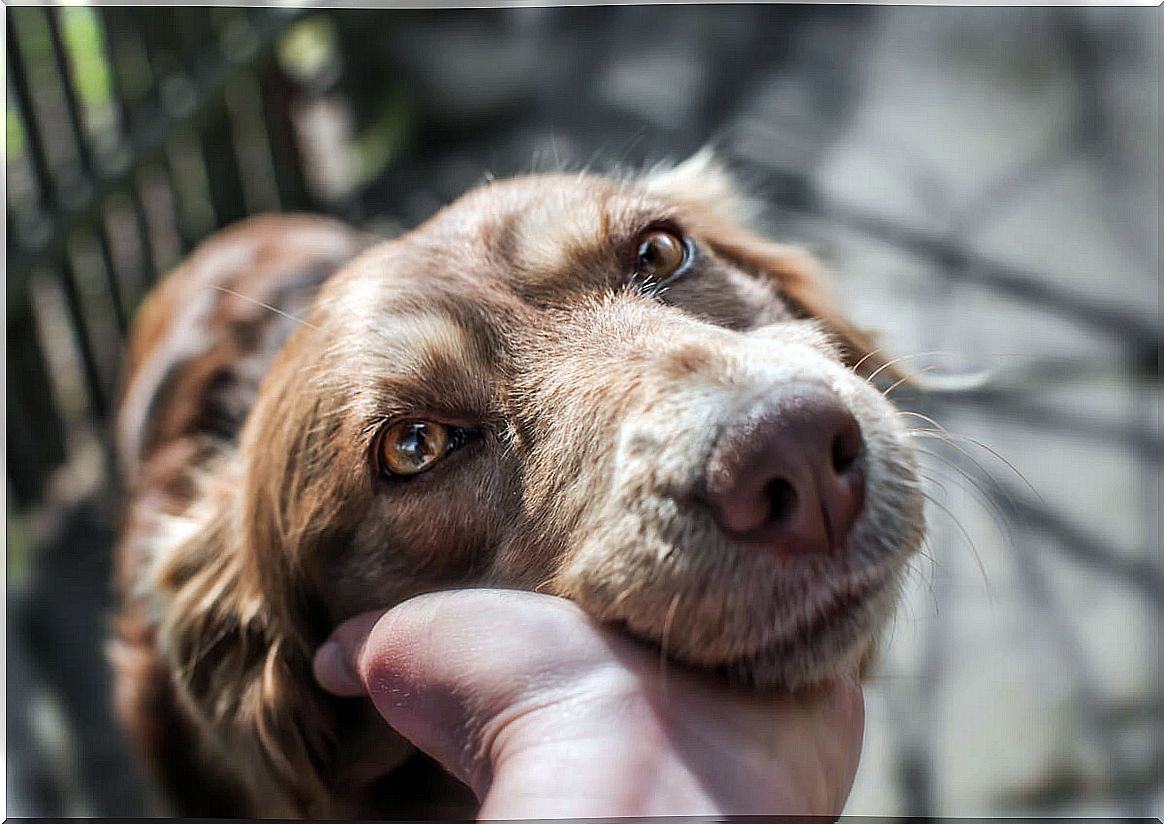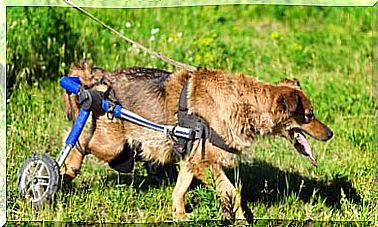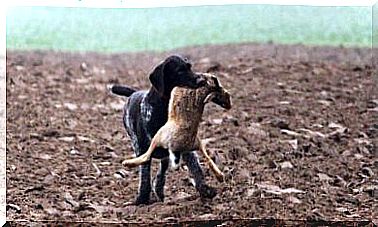What Is The Oldest Breed Of Dog?

Any guardian will agree with this statement: I wish the lives of dogs were endless. Unfortunately, and like all living things, dogs have an “expiration date”, although some tend to reach this point earlier than others. Do you know which is the longest-lived breed of dog?
Of course, the criteria for choosing the dog when adopting it should never be how long it will live, as this issue depends on many factors both intrinsic and external to the animal. Still, as a curiosity, today we explore which dogs live the longest according to statistical data.
Dogs and death
In the first place and to frame this theme, it is necessary that we dissect why dogs die in general. A study that collected data from more than 5500 dogs in the UK shows us the following results:
- The most common cause of death in dogs was old age, with a percentage corresponding to 14% of total deaths.
- Almost 9% of the dogs died from some type of unspecified cancer.
- 5% of the dogs died of heart failure.
- The mean age of death was 10.33 years.
This study already begins to indicate that there are differences in the life expectancy of the dog according to its breed, since the West Highland Terriers of the sample lived an average of 12.71 years while the Dobermann Pinschers did not exceed eight years of age in the most cases.
Despite the fact that death is a date that comes to all of us, clearly in the case of dogs, the breed is an essential determining factor. There is more data to support this claim:
- Other veterinary studies estimate a longevity of 14.2 years for the miniature poodle, while the Dogue de Bordeaux has a half-life of 5.5 years, a very low figure if we take into account the average of the species.
- The Shetland Sheepdog has a longevity of 12 years in Danish households. On the other hand, the Bernese mountain dog does not usually exceed seven years of age in this geographical area.
We can start to see a general trend, right? Indeed, large dogs tend to live less. This is partly explained by the fact that they have a very fast metabolism —they grow more in less time—, which means more accelerated cellular aging.

What breed of dog is the longest?
We leave preambles: the oldest breed according to various studies seems to be the Chihuahua. The average age of dogs of this variety is usually 17 years old, with a minimum of 15 and a maximum of 20.
According to the sample group analyzed, the first place in terms of longevity can vary, since we also find Jack Russell terriers, miniature poodles or Cockerpoos fighting for the podium. They all have an average life expectancy of 16 years.
As we have said before, small dogs dominate this list. Small dogs such as terriers are estimated to reach geriatric age at 11 years, while giant breeds – such as the Great Dane – reach this stage at seven years of age.
As small as this four-year difference may seem, we must bear in mind one thing: the Canis lupus familiaris species has a general life expectancy of 10 to 13 years, so each day of its routine counts for much more.
The oldest dog in history
Finding out which dog has stayed the longest on Earth is a practically impossible task, since it is estimated that there are more than 500 million dogs scattered around the world.
Still, there are fascinating cases like Maggie, an Australian kelpie dog who reached 30 years of age. This is not the only example, as various anecdotal cases of dogs have been recorded throughout history that have passed the 25-year barrier without complications.

As we have seen, the accuracy of the figures varies depending on the study analyzed, but various sources indicate that the Chihuahua could be the longest-lived breed of dog.
Still, all dogs should be appreciated and loved equally, regardless of how long they have left on Earth. Several professionals in the field have already said it: “the important thing is not how the trip ends, but what we make of it.”








